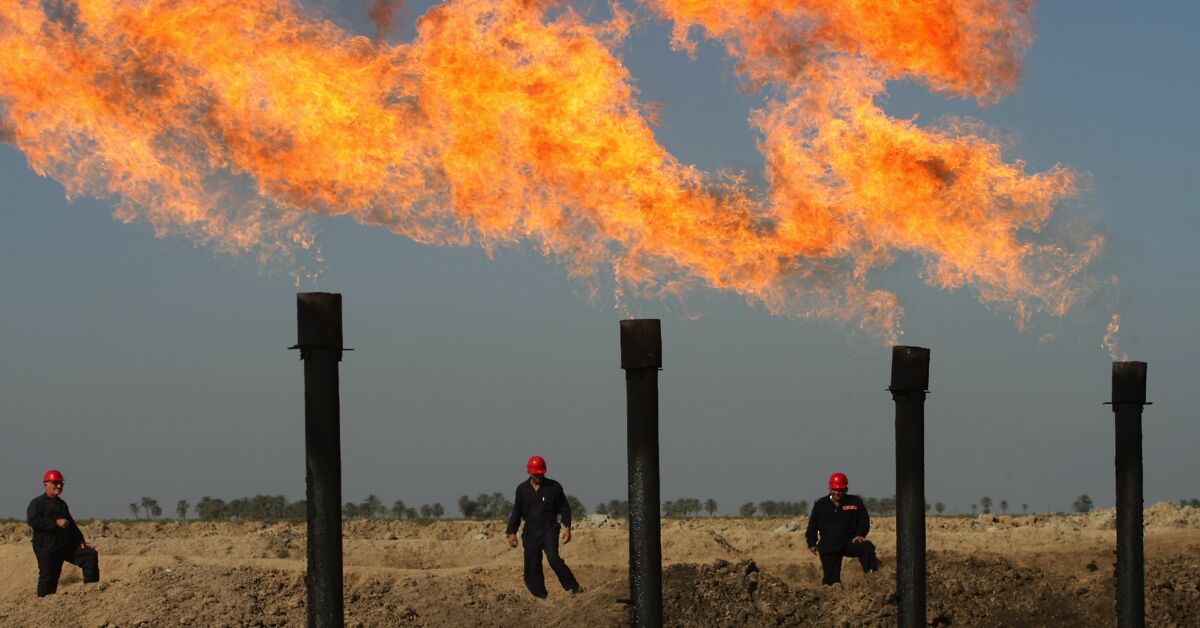Moscow, Russia – Russia on Friday confirmed the reduction of oil supplies to markets by 500,000 barrels daily in August by lowering exports and other actions needed for this purpose, the Russian Ministry of Energy told the Russian news agency TASS.
Supplies will be lowered in addition to earlier assumed commitments on the voluntary production cut.
“Russia confirms it will reduce supplies to oil markets by 500,000 barrels per day in August through lowering of exports. It means taking all the requisite measures to achieve this goal within the framework of the voluntary reduction. This reduction complements the voluntary decrease Russia announced earlier and which was extended until the end of December 2024,” the ministry said in a statement.
Earlier, Deputy Prime Minister Alexander Novak told reporters that Russia had made the decision to voluntarily slash oil supplies to markets in August through the reduction of exports.
Saudi Arabia and Russia have recently announced their decision to extend cuts to oil production in an effort to bolster global oil prices. This move reflects the concerted efforts of two major oil-producing countries to increase revenue from fossil fuels, despite a decrease in demand due to weakened economic conditions.
The decision to extend production cuts has had a modest positive impact on oil prices, providing some relief to the struggling market. The Saudi government had previously announced a significant reduction in output for July during the latest meeting of the OPEC+ coalition, which includes several oil-producing nations. This development has raised concerns that gasoline prices for American drivers may experience an upward trend.
The Saudi Energy Ministry has stated that it will continue the reduction in production of 1 million barrels per day throughout August. This measure aims to support the stability and equilibrium of oil markets. As a result, Saudi Arabia’s daily output will remain at 9 million barrels per day.
Overall, this decision signifies the ongoing efforts of Saudi Arabia and Russia to stabilize oil prices amid challenging market conditions.








